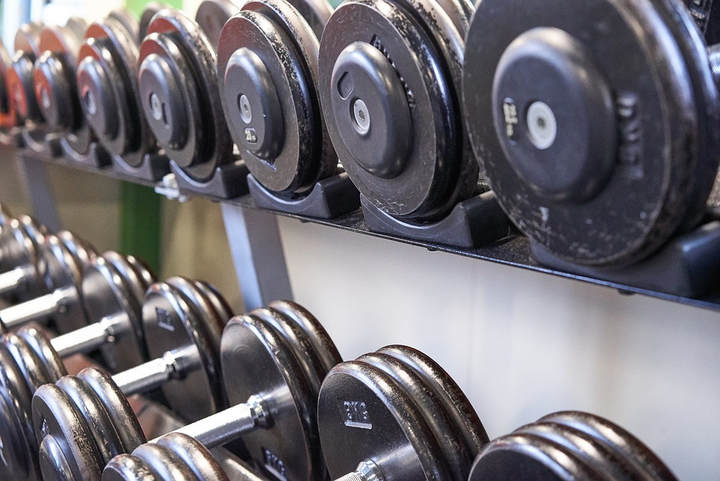COULD YOUR CARDIO WORKOUT
BE MAKING YOU FAT?
(OR AT LEAST PREVENTING YOU FROM LOSING WEIGHT?)
|
Are you interested in losing weight? Then you should cut back on classic cardiovascular exercise. Shun it, even. Abolish it. Throw out your treadmill or better yet, give it to someone you don’t like as cardio doesn’t work if your goal is long-term weight loss.
|
Jim Karas used to have a weight problem. Today he is a celebrity trainer who has several best selling books under his belt besides a regular guest on numerous TV programs — including the Dr. Oz Show. Last week he wrote an article for Yahoo called, “Is Your Exercise Making You Fat?“. I surely don’t agree with everything Jim espouses (one article about a day in his life had him drinking DIET COKE for BREAKFAST), but as far as this topic goes, he largely hit the nail on the head with his article. The quote at the top of the page was taken from the first paragraph of his article.
Some of you like to run for the sake of running. Far be it from me to discourage you. Just be aware that there are some serious myths floating around about the benefits of running / Cardio Training (I wrote about some of these in depth in my numerous posts filed under CARDIO TRAINING -vs- STRENGTH TRAINING). Jim’s biggest beef with using Cardio Training as a weight loss tool is that it causes the loss of lean body mass —– i.e. muscle tissue. According to the scientific literature, he is correct. Why would anyone perform exercise that is known to make you lose muscle mass when muscle mass is so tough to acquire in the first place? They buy into all those old WEIGHT LOSS MYTHS.
I have always heard that after the age of 30, people are losing 10% of their muscle mass per decade for the rest of their life —- unless they are actively and specifically doing something to combat it (and as is usually the case, women are affected by this phenomenon significantly more than men). How do you combat this muscle loss? There is only one real way —- STRENGTH OR RESISTANCE TRAINING. You see; loss of lean body mass presents an ugly metabolic dilemma once you realize that muscle burns more energy at rest than does an equal amount of fat — far more energy.
|
|
|

